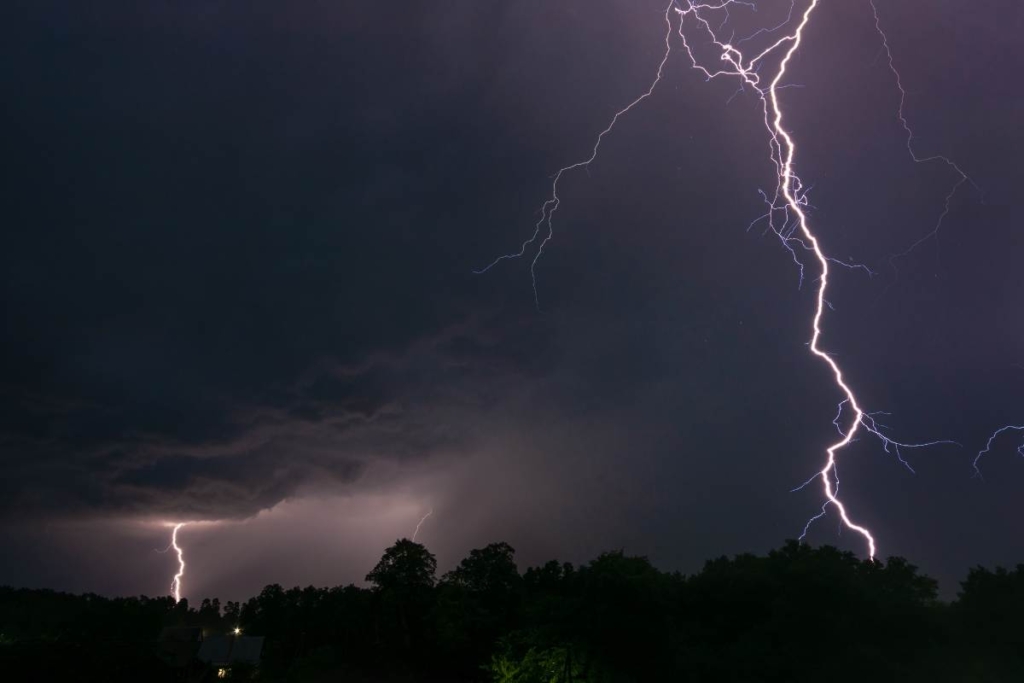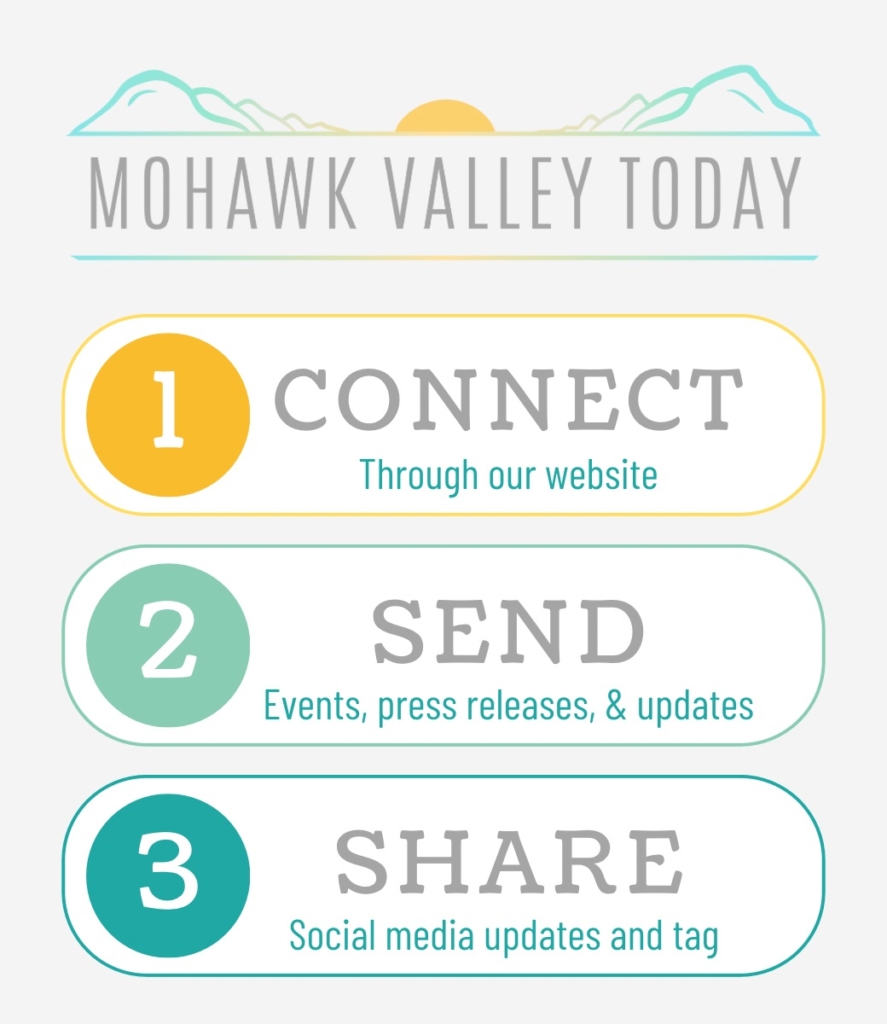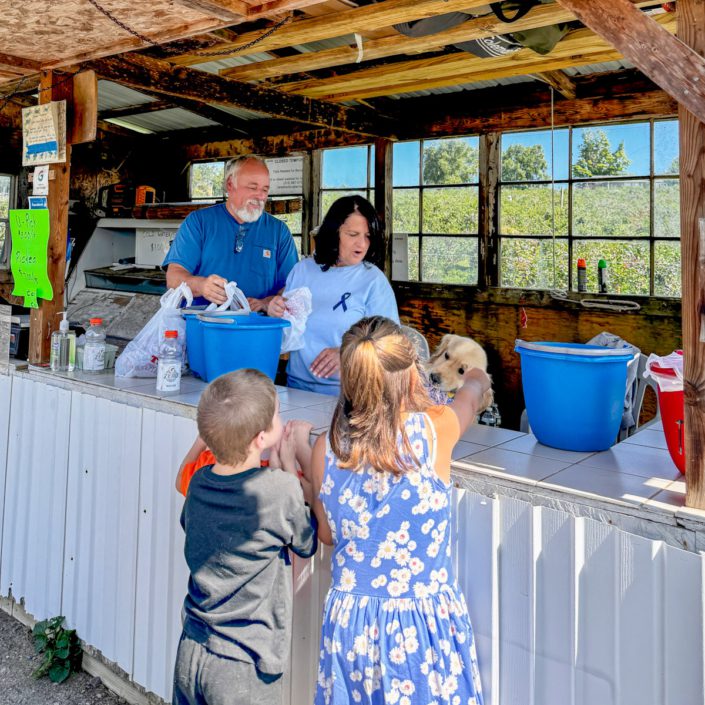Severe Weather Awareness Week in New York State
Partnership with National Weather Service Aims to Educate New Yorkers on Impacts of Severe Weather and Preparedness Efforts Ahead of Summer Months
Governor Kathy Hochul announced that this is Severe Weather Awareness Week in New York State, highlighting the need for New Yorkers to have a plan and stay informed for when severe weather strikes. The annual campaign is a partnership between New York State, the National Weather Service, local and volunteer agencies and private sector organizations to educate New Yorkers about the hazards of severe weather during the spring and summer months. Severe weather, by definition, includes flash flooding, severe thunderstorms, and tornadoes.
“Severe weather is often dangerous and unpredictable, but the steps we collectively take to prepare can minimize the devastating impacts it could have on our daily lives,” Governor Hochul said. “I encourage all New Yorkers to spend time this week learning about the risks we face from severe weather and what we can do to protect ourselves and embolden our efforts to remain disaster-ready.”
New York State Division of Homeland Security and Emergency Services Commissioner Jackie Bray said, “DHSES works year-round with our government partners at the local, state and federal level to enhance severe weather monitoring capabilities, improve training for emergency responders, and educate the public. It’s important for every New Yorker to know the risks and stay informed ahead of potential severe weather this spring and summer.”
Governor Hochul and Commissioner Bray outlined the four steps to emergency preparedness and what New Yorkers can do to keep themselves and their families safe from disaster:
- Develop a plan for you and your family at home, school, work and outdoors. Identify a safe place to take shelter and know what actions to take when a warning is issued. Consider pets when planning for an emergency.
- Build a kit of emergency supplies to last at least 10 days. Include flashlights, weather radio, and extra batteries. You should have one kit each for your home and your vehicle. Plan for any medical needs your family may have. Keep emergency supplies for pets.
- Stay tuned to TV and radio stations that broadcast Emergency Alert System (EAS) messages and follow local emergency orders when issued. Receive emergency information direct to your computer or cell phone by subscribing to NY Alert at alert.ny.gov, a free service that provides you with critical emergency information when you need it most.
- Consider visiting your local emergency management office to learn more about how to protect you and your family. Consider volunteering with organizations such as the American Red Cross, New York Cares, or the Salvation Army.




















